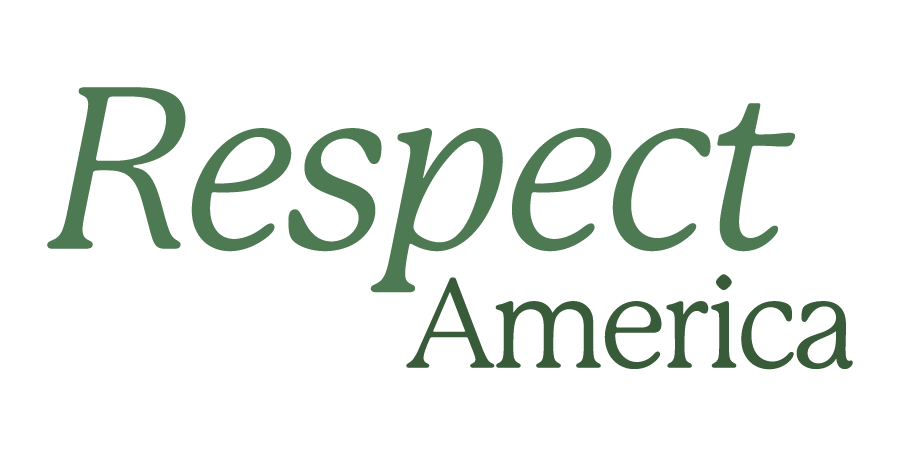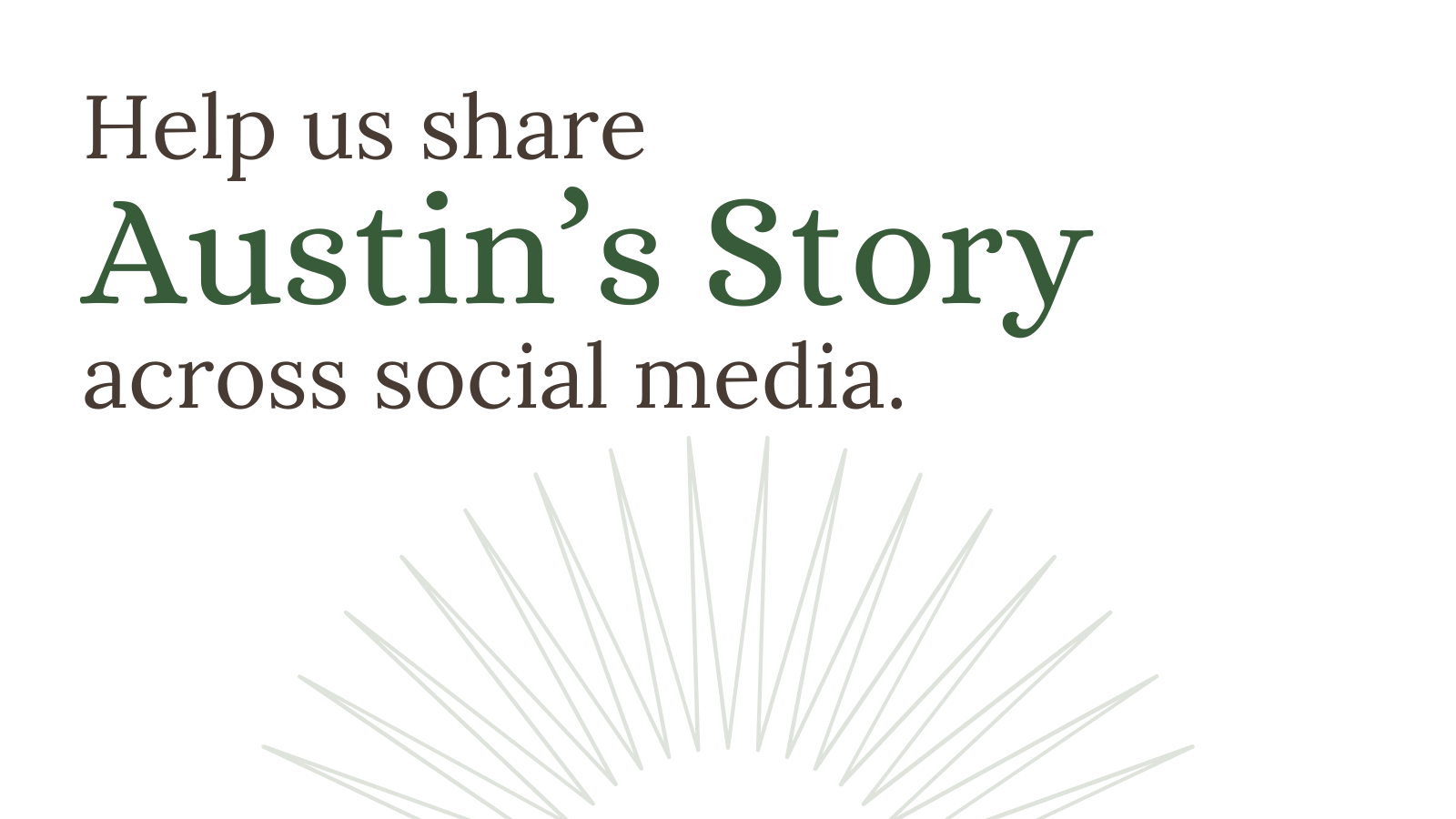“All we're asking you to do is not arrest us if we feed people”
By: Conner Drigotas
The Sunday Family Picnic
Standing outside answering questions in the >100 degree Tempe, Arizona, sun, Austin Davis is working to keep things cool. He is juggling a federal lawsuit against city leaders, running a nonprofit to help the homeless, and, when Respect America interviewed him, was between planning sessions to make sure cooling centers are available to people without housing.
Austin, at 25 years old, is no stranger to taking heat - but it hasn’t always been this way. In fact, the first two years after launching AZHugs, his nonprofit to support Tempe’s homeless, his work seemed to be a shining example of how good will and compassion could be organized to achieve something special.
Starting in 2020, Austin, then a Freshman at Arizona State University, took on an ambitious project to feed the homeless of Tempe each and every Sunday afternoon. “There was a meal on Tuesday and Friday and Saturday… but not Sunday” he says, “So we decided, okay, let's host the Sunday Family Picnic. And that's what we called it.”
For two years, Austin and a growing group of volunteers offered free food in Tempe Beach Park. He made friends with many in Tempe’s homeless community, and started to become welcome in The River Bottom, an out of the way hub for the homeless, where he bore witness to other challenges his new friends were facing.
“That's when I really made personal connections with a lot of folks.” he says, “That's when I started seeing people overdose. We had friends start to die.”
As his eyes were opened to the harsh reality of being homeless in Tempe, the Sunday Family Picnic was becoming a celebrated institution. Austin had built relationships with larger nonprofits, had been meeting with the mayor and other city officials, and was looking to grow the services AZHugs provided. In March 2022, the weekly meal was recognized with the “Neighborhood Event of the Year” award by the City of Tempe.
Austin’s AZHugs was a hot commodity, but it wouldn’t last.
The Big Shift
In 2022, Tempe was in the middle of a debate over professional hockey. City officials and NHL dealmakers were hoping to bring the Arizona Coyotes to Tempe with the construction of a $2.1 billion arena, hotel, and casino complex, $1.9 billion of which would be privately funded.
To bring the project into reality, Tempe’s City Council had voiced unanimous support, four former mayors were publicly in favor, and they went ahead with bulldozing some city-owned land at Rio Salado Parkway and Priest Drive, at the west end of Tempe Town Lake.
Austin says that area is also known as The River Bottom.
Plans to bring the NHL Coyotes to Tempe would be torpedoed by voters in a 2023 referendum, but there were secondary effects of the pre-construction work that sent ripples across the city.
“They displaced everyone from The River Bottom, bulldozed all the trees down so people can't hide. And they tried to build this hockey stadium right there” Austin says, “They'd already displaced people throughout the city. So that's when they started coming after the Picnic, because the visibility of poverty was, I think, affecting their money. That was the big shift.”
Just a few months after being recognized as the Neighborhood Event of the Year, AZHugs received a letter informing them that nonprofits feeding the homeless would now be required to get “special event” permits costing $125 - $3,000, and obtain liability insurance.
Austin and AZHugs jumped through those hoops, planning for the extra weekly expense and submitted their application, but quickly ran into what Austin believes was an unreasonable demand: “The city comes back to us and says: ‘Great job. Now, sorry, you gotta wait 60 days,’” effectively cancelling the Sunday Family Picnic.
“I swear…, they were never going to give us this permit…” Austin says, “We're willing to do whatever you guys need us to do, except stop serving food for 60 days. That's absurd. People will need food today, tomorrow, the next day, and there's more people than ever who are facing poverty right now. That makes no sense. And literally, all we're asking you to do is not arrest us if we feed people.”
Logic wasn’t the driving force behind the coercion in Tempe. In pursuit of one goal, government officials simply dismissed the vital importance of feeding people so paperwork and process could be followed.
Is that the proper role of government?
Austin didn't think it was, so he and AZHugs refused to stop. In response, the City handed him a permit rejection, and began issuing citations on the Sunday Family Picnic.
Austin says this is all part of a bigger picture. Beyond the failed Coyote’s deal, Austin also alleges that city officials were trying to prepare for the “Point in Time” count, where a census of homeless people is taken which impacts federal funding.
“Their goal wasn't, ‘Okay. Let's figure out how to work with this charity to continue the meals,’ it was: ‘We need to take away access to food and water for enough time where we can mass police the poor areas and push people out to neighboring cities so that we can reduce homelessness.’”
Against this backdrop, Austin and AZHugs kept right on feeding people in the park, and city officials started to crack down - hurting more people in the process.
Bans and Pleas
The citations against Austin continued to pile up, he was banned from the parks, then charged with criminal trespassing for ignoring the ban.
“The first time I got arrested was really creepy. They didn't arrest me at the park or during a Picnic. What they did was undercover. Police waited outside my apartment, and they followed me out of my neighborhood, pulled me over for nothing, and then arrested me and handcuffed me and took me to jail.”
Austin Davis has been to jail several times since that July, 2024, encounter, but the first time was especially memorable. His cellmate was a man who had been discharged from a psychiatric ward earlier that same day and was arrested for sleeping at a park bench across the street from the psych facility because he had nowhere else to go.
“That's not an uncommon story,” Austin says. “When I went in front of the judge, both times that I've done that, you have a metal chain around your waist, and your wrists are handcuffed to your waist. I remember just looking at everyone in line, and I knew most of the people there. It was mostly folks from the streets, not criminals, not people who deserve to be in jail, people who were arrested for trespassing or urban camping, or some other non violent, not crime.”
If anyone else was persecuting Tempe residents for nonviolent crimes it would be considered unacceptable, but government officials claimed special permission to do harm. Austin was just the latest in a long line.
By September, Austin had racked up 34 permit violation and trespassing charges. He accepted a plea deal so he could get back to feeding the homeless, but was arrested again in October for violating the terms of his release by entering one of the parks. He is banned from every park and preservation in Tempe, and now works to provide homeless services at bus stops and other locations.
Continuing to provide food and other services, like brokering deals for cooling center access, is just one of the ways Austin is pushing back and continuing to fulfill AZHugs mission. With the help of the Pacific Legal Foundation, a nonprofit law firm, he and two others have brought a federal lawsuit against the city of Tempe and City Manager Rosa Inchausti.
“Tempe’s permit scheme has nothing to do with protecting the public; it merely gives government officials unchecked power to shut down activities they disfavor,” the Pacific Legal Foundation’s website reads, “The government doesn’t hold a monopoly on charity. Americans have the constitutional right to pursue their calling without burdensome regulations—including helping those in need.”
Austin is being held back from doing good, and there are hundreds of people suffering short and long term harm because of the Tempe government policies.
The lawsuit seeks to invalidate the permitting statute that city leaders are using to end the Family Sunday Picnic, and ensure services like AZHugs can provide support without interference.
“We need to get this law invalidated, because it's being used to limit how those experiencing homelessness can receive food and water,” Austin says, “if we don't get this law invalidated, it is going to continue and likely get much worse.”


